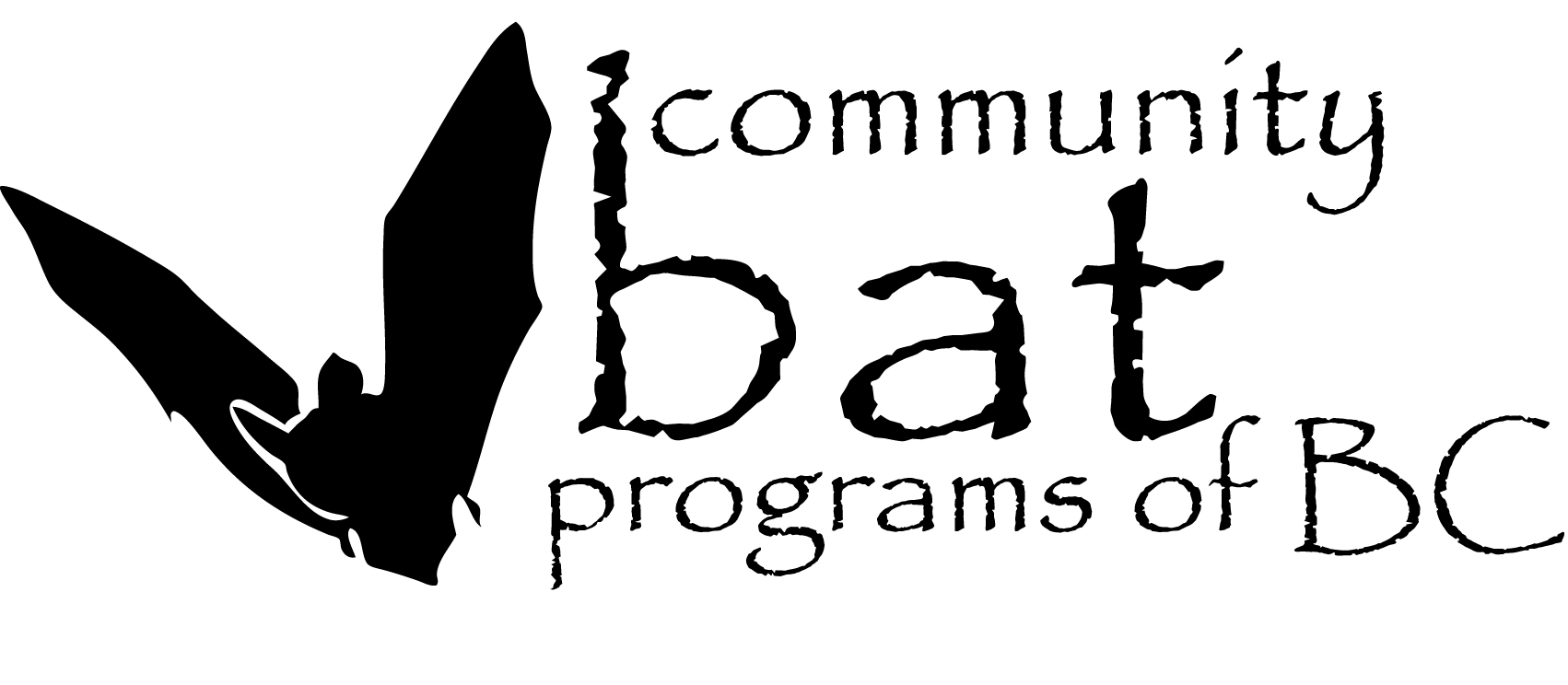
Bats provide important services and support healthy ecosystems in Port Moody and throughout Canada. In the Lower Mainland, bats play an important role in controlling insect pests that can harm our forests, crops, and people. There are 17 species of bats in B.C., and around nine species found in Port Moody. This includes Little Brown Myotis (or 'Little Brown Bat'), an endangered species under the federal Species at Risk Act.
Bat populations around the globe are in decline as they face several threats, including habitat loss, impacts associated with climate change, pesticide use, noise pollution, vehicle collisions, predation from cats, collisions with wind turbines, and white-nose syndrome.
For an introduction to bats in British Columbia, watch this 2023 YouTube video by BC Nature and the BC Community Bat Program.
Bat packs
Port Moody Public Library offers Bat Packs for loan. You can find more information about them on the Port Moody Public Library Webpage.
How you can help bats
- Contact the BC Community Bat Program if you have bats in your house, shed, or property.
- Landscape with native plants, including species that flower at night and other species that support pollinators.
- Consider adopting naturescape principles in your yard.
- Build and maintain a bat box, following best management practices.
- Remove invasive plant species - especially Burdock, which can trap bats, frogs, and small mammals.
- Keep cats indoors or within outdoor enclosures (cats are the #1 predator of bats!)
- Reduce light pollution.
- Participate in community science initiatives like BC Annual Bat Counts.
Other resources
- White Nose Syndrome - Detecting, Preventing, Reporting
- Bat Friendly Communities Guide
- Bulletin for Roofers and Chimney Professionals in BC
- BC Guide for Managing Bats in Buildings
- Bulletin for Realtors
- Overview and detailed guide for excluding bats for pest control providers
Bat FAQs
Do all bats have rabies?
Less than 1% of bats in B.C. are known to carry rabies.
What should I do if I find a dead bat?
If you find a dead bat, report it to 1.855.9BC.BATS (1.855.922.2287) or environment@portmoody.ca. Some dead bats are collected for scientific research or for rabies testing.
What should I do if I have been bitten or scratched by a bat?
If you have been physically contacted by a bat, call your physician or public health office.
What should I do if my pet has been in contact with a bat?
If your pet has been in physical contact with a bat, call your veterinarian.
What should I do if I find a bat roosting outside?
If you find a bat roosting outside, please leave it alone. It might be waking up from hibernation.
Do our local bats drink blood?
All B.C. bat species are insectivores, meaning they consume insects - not mammal blood!


